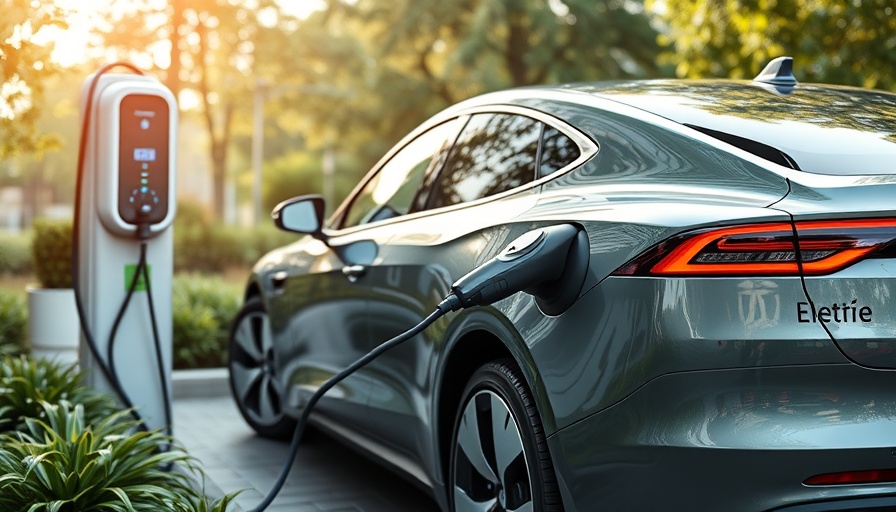
The Transformation of Energy Storage
The world is experiencing a pivotal moment in sustainable technology through the rise of batteries. With advancements in battery technology, we are witnessing the birth of a silent revolution that promises to change both our daily lives and the broader environment. From powering electric vehicles to providing energy storage for renewable resources, batteries play a critical role in facilitating a sustainable future. This shift is especially significant for industries heavily reliant on energy, such as hospitality and travel, where reducing carbon footprint is increasingly essential.
Batteries and Sustainable Travel
For travelers and hospitality industry professionals, understanding the impact of batteries on sustainable travel is crucial. Battery innovations have led to the development of electric vehicles (EVs) that are minimizing reliance on fossil fuels. Hotels and resorts are adopting EV charging stations, enabling guests to embrace eco-friendly travel options. Additionally, battery-driven transport for excursions reduces air pollution and promotes the use of clean energy sources.
What This Means for the Hospitality Sector
Hotel owners and tour operators are exploring ways to integrate sustainable solutions into their businesses. The move toward electric machinery and appliances powered by advanced batteries not only enhances energy efficiency but also supports broader sustainability strategies. For example, energy-efficient cold storage systems that rely on battery power can significantly lower energy consumption in hotel kitchens. The potential for reducing resource consumption while improving service quality is a key motivation for industry leaders.
Cold Storage and Energy Efficiency
Efficient cold storage solutions can dramatically reduce energy use in hospitality settings. By employing battery-operated systems, hotels can maintain optimal food preservation conditions without the continuous energy draw from conventional refrigeration. This not only conserves energy but also minimizes food waste, aligning with the principles of sustainable food service. Over time, the reliance on battery storage reduces operational costs, thus encouraging more hotel management teams to adopt these systems.
The Role of Batteries in Sustainable Development
Globally, as cities strive for net-zero emissions, the importance of advanced battery technology cannot be overstated. As a powerful component in renewable energy systems, batteries allow for energy from solar panels and wind turbines to be stored and used when demand peaks. This technology essentially supports forest restoration and wetland restoration efforts by making renewable energy sources viable during varying conditions, facilitating far-reaching environmental benefits.
Innovative Packaging Solutions
Within the sustainable food sector, battery technology also intersects with advancements in packaging solutions. The trend toward compostable packaging reflects an increased awareness of environmental issues and a commitment to source materials responsibly. With battery-operated systems helping to power sustainable processes in food packaging and production, hotels can create a more eco-conscious dining experience for their guests.
4 Action Steps for Incorporating Battery Technology
Hospitality professionals eager to implement these advancements can take concrete actions to incorporate battery technology into their operations.
Here are a few initiatives:
1. Install EV charging stations at your premises to attract eco-conscious travelers.
2. Transition to battery-driven equipment to enhance energy efficiency in kitchens and laundries.
3. Partner with local suppliers who offer sustainable packaging alternatives.
4. Engage guests in your sustainability strategy by organizing tree planting initiatives and educational tours focused on renaturation.
To learn more on EV charging options, click here.
Conclusion: Embracing the Future
As this silent revolution unfolds, understanding the implications of battery technology will aid both travelers and hospitality managers in shaping a sustainable future. By harnessing the power of batteries, we can lead the charge toward reduced carbon footprints, enhanced energy efficiency, and ultimately a healthier planet. To begin this journey within your own practices — whether as an eco-tourist, hotelier, or tour operator — consider how battery technology can transform not just your operations, but also the world around you.
 Add Row
Add Row  Add
Add 




Write A Comment